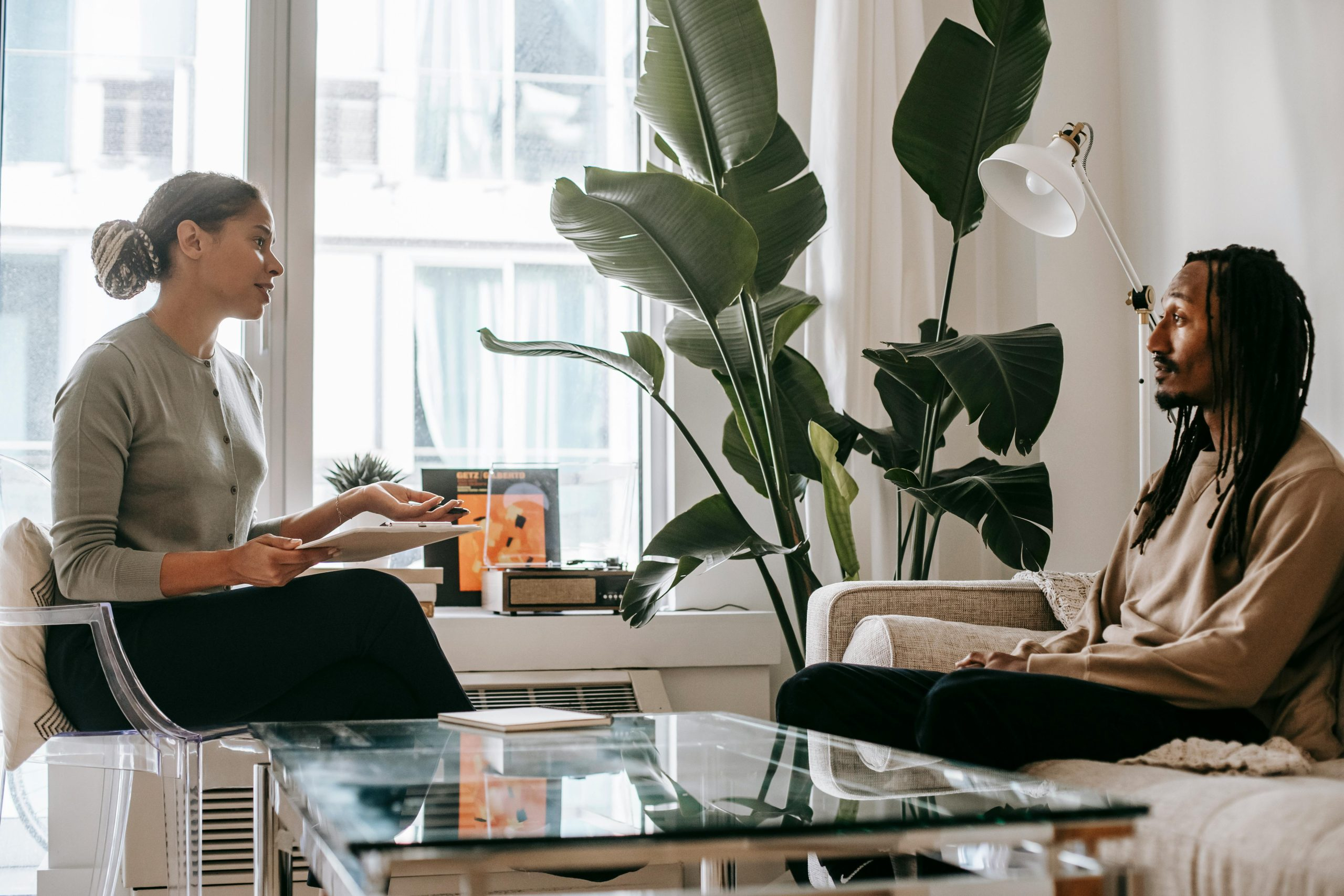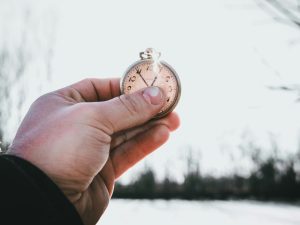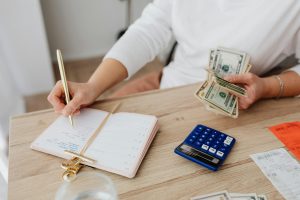Treatment Professional Help for Compulsive Buyers Recovery
Welcome to the world of compulsive buying, where the urge to make impulsive purchases can often feel overwhelming. Whether it’s online shopping, visiting the mall, or scrolling through endless product ads on social media, compulsive buyers find themselves unable to resist the constant temptation to spend money on things they don’t need. This compulsive behavior not only leads to financial strain, but it can also take a toll on one’s emotional and mental well-being. Fortunately, there is professional help available for those seeking recovery from compulsive buying. In this article, we will explore the various treatments and support options for individuals struggling with compulsive buying and how seeking professional help can aid in the journey to recovery.
The Compulsive Buying Disorder: Understanding the roots
Compulsive buying disorder (also known as oniomania) is a behavioral addiction that involves an excessive and uncontrollable urge to shop and spend money. It is often described as an impulsive and compulsive desire to buy, irrespective of the financial consequences. According to the American Psychiatric Association, compulsive buying disorder affects around 5.8% of the US population, making it a widespread issue that requires proper treatment and support.
The Causes of Compulsive Buying
Compulsive buying is a complex disorder and has various underlying causes. Individuals who struggle with compulsive buying often use shopping and spending money as a means of coping with underlying emotional and psychological issues. This includes low self-esteem, depression, anxiety, stress, or a history of trauma or abuse. Furthermore, societal and cultural influences, family dynamics, and exposure to constant advertising and consumerism can also contribute to the development of compulsive buying habits.
Professional Treatment Options for Compulsive Buyers
Cognitive Behavioral Therapy (CBT)
CBT is a common form of psychotherapy that has shown to be effective in treating various mental health disorders, including compulsive buying disorder. This therapy focuses on identifying and changing dysfunctional thought patterns and behaviors through a structured and goal-oriented approach. In the case of compulsive buying, CBT aims to help individuals identify the triggers that lead to impulsive purchases and teaches them coping mechanisms to resist the urge to shop unnecessarily.
Medication
In certain cases, medication can be helpful in managing compulsive buying disorder. Your therapist or doctor may prescribe antidepressants, such as selective serotonin reuptake inhibitors (SSRIs), that have shown to reduce impulsive behavior and obsessive thoughts. However, it is important to note that medication should always be used in conjunction with therapy and under the guidance of a mental health professional.
Support Groups
Joining a support group can provide a sense of community and understanding for individuals struggling with compulsive buying. These groups offer a safe space to share experiences, learn from others, and offer support and encouragement. Online and in-person support groups are available, and both can be excellent resources for building a support system of like-minded individuals who are working towards recovery.
The Benefits of Seeking Professional Help
Recovering from compulsive buying disorder can be a challenging and overwhelming journey, but seeking professional help can make a significant difference in one’s recovery. Here are a few benefits of seeking treatment from a trained professional:
Expert Guidance and Support
Mental health professionals who specialize in treating compulsive buying disorder have the expertise and knowledge to guide individuals through the recovery process. They can help address the underlying causes of the disorder and develop personalized treatment plans that cater to the individual’s specific needs.
Identification of Triggers and Coping Mechanisms
Therapists can assist individuals in identifying the triggers that lead to compulsive buying and develop healthy coping mechanisms to manage these triggers. This can help prevent relapses and promote long-term recovery.
Managing Co-occurring Disorders
In many cases, compulsive buying disorder co-occurs with other mental health disorders, such as depression or anxiety. Mental health professionals can help individuals manage these co-occurring disorders and provide comprehensive treatment for all underlying issues.
In Conclusion
Recovering from compulsive buying disorder takes time, effort, and the right support. Seeking professional help from a therapist or doctor can make a significant difference in one’s recovery journey. With the right treatment and support, individuals can learn to manage their impulsive spending behaviors and live a happier, healthier, and more fulfilling life.










